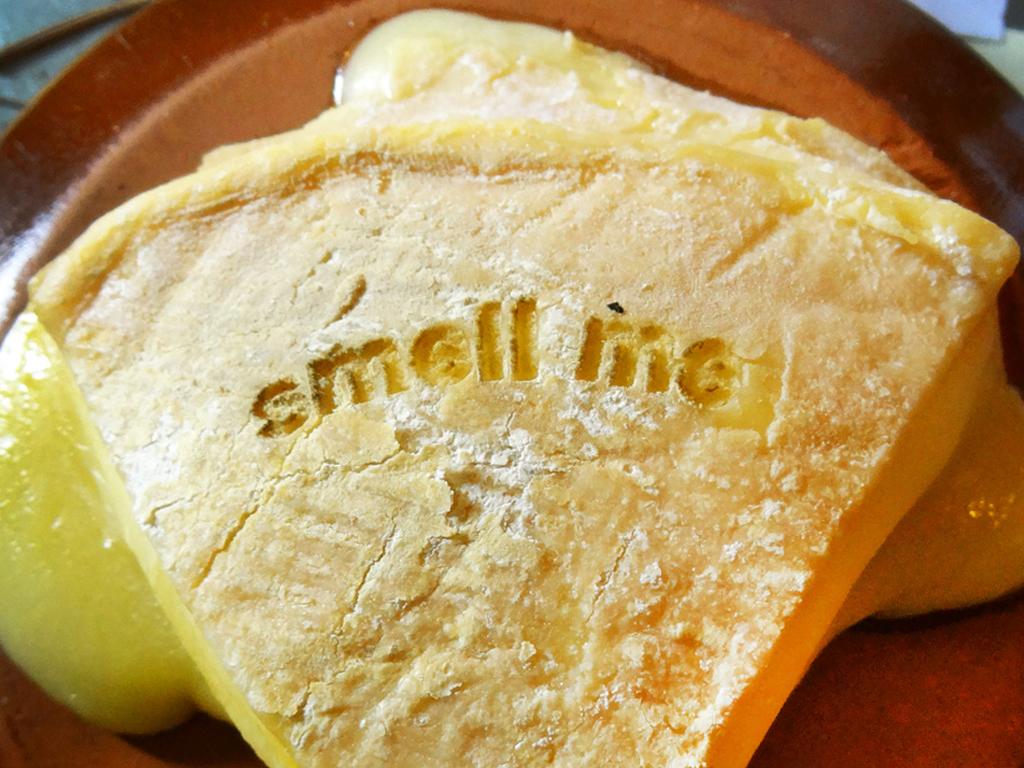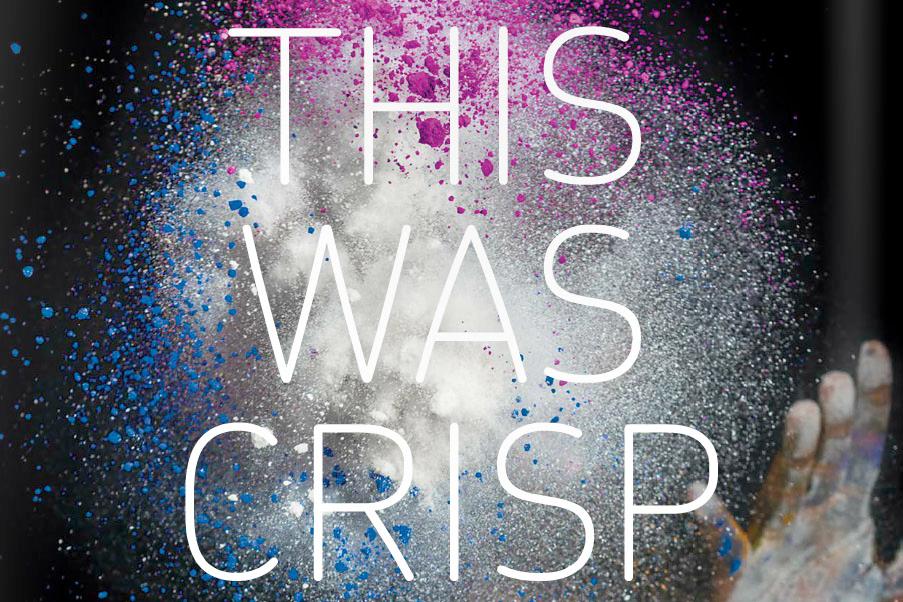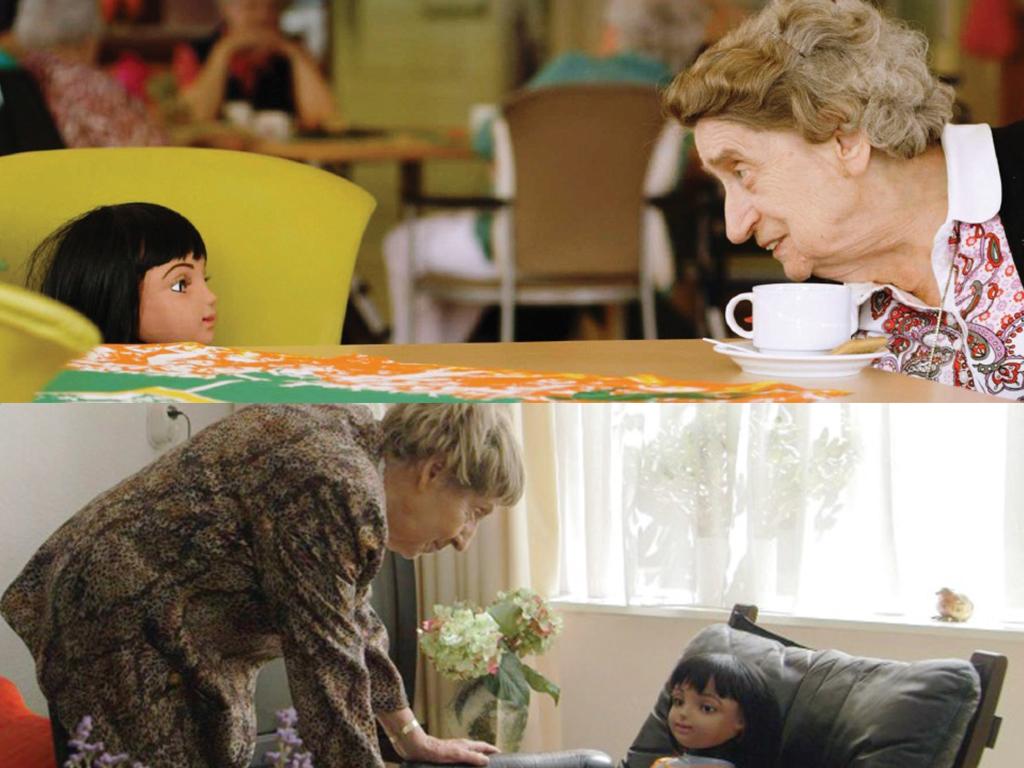How would you use a 3D printer, ricepaper and liquorice wheels to represent a system that encourages people to learn more about the origins of the food they eat? What if fruit, vegetables and cheese could ‘talk’ to you and tell you where they come from and how you can prepare them?
On the 6th of March 2013, Fablab Amsterdam hosted an exciting Product Service System workshop for researchers from the CRISP-programme, organized by Waag, Design Academy Eindhoven and Keio University SFC from Tokyo, Japan. The CRISP researchers aim at developing Product Service Systems (PSS) in various fields, such as smart textiles, mobile and healthcare. In practice it appears hard to think on different levels of a PSS at the same time, and in this workshop Daijiro Mizuno from Keio University offered a tool to tackle this issue.
He inspired us with a model to explore a PSS on four levels, namely personal, social, national and global. The model is based upon the concept of the Power of Ten, the famous Eames film that shows how the small and the huge are always connected. By zooming in and out on those levels, and jumping from one layer to the other, we have a tool to design with a more holistic approach.
As an analogue Dajiro Mizuno compared designing a Product Service System with a Japanese tea ceremony: “the tea ceremony is not about drinking tea or eating tea cake. It’s about the whole protocol. The cups, the kimono, the paintings, the cake: it’s all designed and adjusted to the season to make the whole process of tea making more engaging.”
Throughout the day the Fablab was used to develop food-related Product Service Systems, using food as a topic ánd as prototyping material. Participants gathered ingredients and used them as a metaphor to physically represent their concepts, showing the connections between the four indicated levels. The model helped the designers to create coherence in products and services and develop a narrative where pieces fit together on all scales.
Waag participates in two of the CRISP projects: Smart Textile Services and SELEMCA.
(Co-written by Sabine Wildevuur, Astrid Lubsen and Isjah Koppejan)


